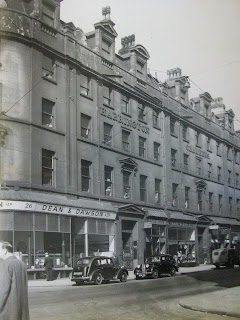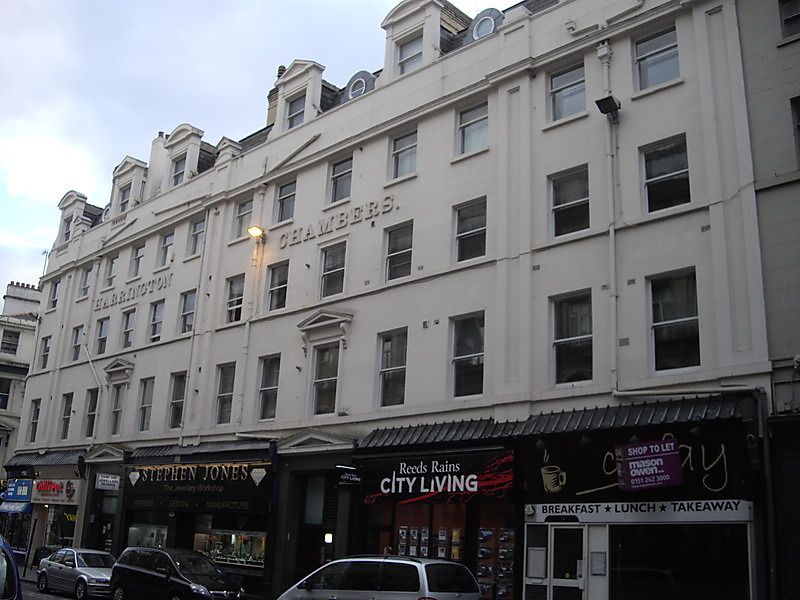OK,
I accept the distinction between a planned murder, and a murder in the course of a planned burglary which went wrong. Which speaks to Wallace's innocence of course.
I accept the distinction between a planned murder, and a murder in the course of a planned burglary which went wrong. Which speaks to Wallace's innocence of course.







Comment